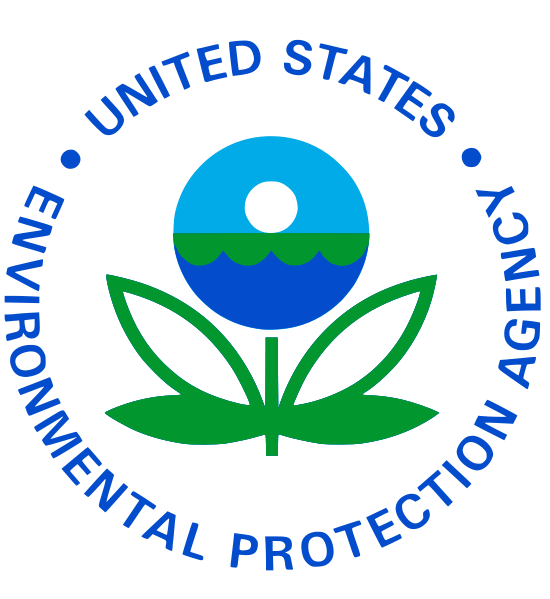August 2013, Vol. 68 No. 8
Newsline
Miami-Dade agrees to upgrade its sewer system

Under a settlement with the U.S. Department of Justice and the U.S Environmental Protection Agency (EPA) announced recently, Miami-Dade County in Florida has agreed to invest in major upgrades to its wastewater treatment plants and wastewater collection and transmission systems in order to eliminate sanitary sewer overflows.
The state of Florida and the Florida Department of Environmental Protection (FDEP) are co-plaintiffs with the United States in this action.
Under the terms of the consent decree, Miami-Dade will rehabilitate its wastewater treatment plants and its wastewater collection and transmission system within 15 years. The county will also develop and implement management operation and maintenance programs to help ensure the sewer system is properly operated and maintained in the future. By implementing these measures, Miami-Dade is expected to eliminate sanitary sewer overflows from its wastewater collection and transmission system and achieve compliance with its National Pollutant Discharge Elimination System (NPDES) permits.
“Sewage overflows are a significant problem in the Southeast because of inadequate and aging infrastructure,” said Stan Meiburg, Acting Regional Administrator of EPA’s Southeastern office. “This agreement demonstrates the county’s commitment to address its sewage problems. Eliminating overflows of raw sewage will comply with the Clean Water Act and benefit the Miami-Dade community by providing a cleaner and healthier environment.”
Between January 2007 and May 2013, Miami-Dade reported 211 sanitary sewer overflows totaling more than 51 million gallons. Such overflows included a number of large volume overflows from ruptured force mains. At least 84 overflows, totaling over 29 million gallons of raw sewage, reached navigable waters of the United States. Miami-Dade’s Central District wastewater treatment plant (WWTP) also experienced several violations of the effluent limits contained in its NPDES permit. EPA also documented numerous operation and maintenance violations at this same WWTP during inspections in September 2011, April 2012 and April 2013.
Miami-Dade estimates it will spend approximately $1.6 billion to complete the upgrades required by the consent decree and come into compliance with the Clean Water Act. Under the settlement, Miami-Dade will also pay a civil penalty of $978,100 ($511,800 to be paid to the United States and $466,300 to FDEP) and complete a supplemental environmental project costing $2,047,200.
Miami-Dade’s supplemental environmental project involves the installation of approximately 7,660 linear feet of gravity sewer mains through the Green Technology Corridor, an area that is currently using septic tanks. Businesses in the area have been unable to connect to the sewer system because sewer lines are lacking. Disconnecting industrial users from septic tanks will improve water quality in the Biscayne aquifer and nearby surface waters and prevent future contamination.




Comments